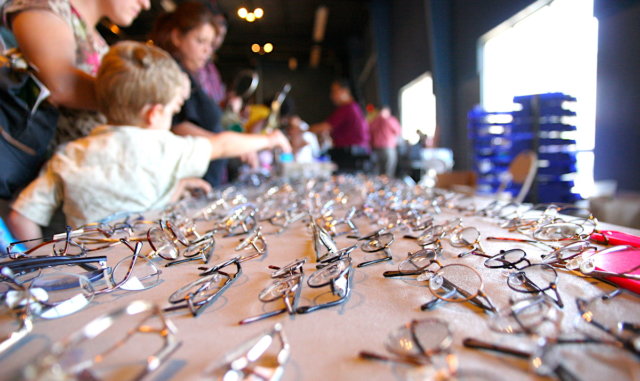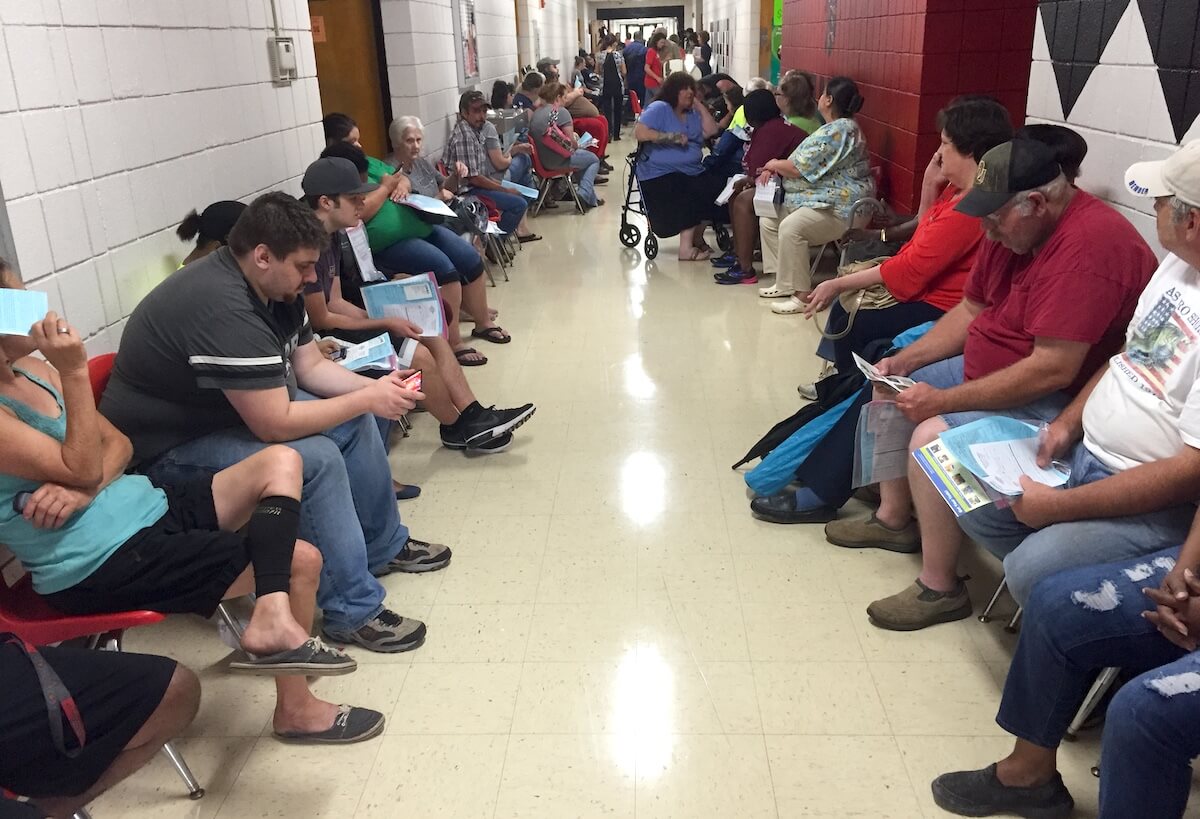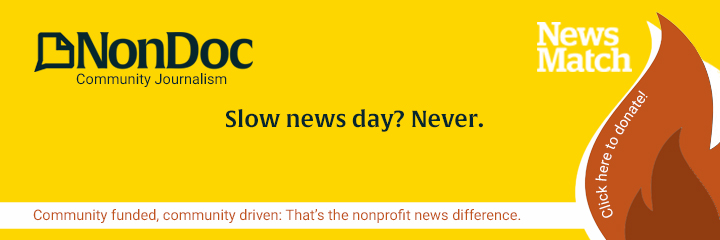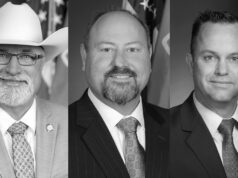
I have a new saying for an old problem: Doing nothing is only an option if our goal is to get nothing done.
In the wake of State Question 793’s narrow defeat, Oklahoma optometrists and lawmakers must now have the slit lamp turned directly on them. If SQ 793 was not the appropriate pathway to improving Oklahomans’ access to life-changing vision care, what can we do in 2019 to help our fellow citizens?
If the Oklahoma Association of Optometric Physicians and the Oklahoma Legislature answer “nothing,” then see above.
Oklahoma has a vision care crisis
As things stand, Oklahoma has a vision care crisis complicated by lack of access, lack of a safety net and staggeringly high prices. Some people do not believe this for various reasons: 1) Such a narrative complicates their politics; 2) Such a narrative complicates their business interests; 3) Such a narrative is not easily backed up by PDFs found via Google searches.
But I am here to tell you that this is true. Oklahoma does have a vision care crisis, and for the better part of a decade, we as a state have not done much about it.
Prior to my re-entry into the world of professional journalism, I spent roughly six years spearheading Oklahoma free clinics for the non-profit Remote Area Medical. In 2010, 2012, 2014, 2016, 2017 and 2018, the Tennessee-based RAM organization has driven one of its mobile glasses laboratories to Oklahoma and made thousands of pairs of free prescription glasses on a first-come, first-served basis regardless of income, immigration or insurance status.
After six events in central and southeastern parts of this state, I have come to believe that Oklahoma’s demand for affordable eye exams and prescription glasses is only increasing. In my early years hosting RAM events in Oklahoma, free dental work was primarily the first choice of patients who waited in lines starting at (or even before) midnight. But in recent years, I have seen more and more Oklahomans choose vision care first when they receive entry to these MASH-style clinics.
While I imagine those who do not believe in this crisis could easily blow holes in my unscientific analysis, they likely have not done what I have done. They have not begged vision professionals to volunteer their weekends; they have not turned away scores of low-income patients after an event’s capacity is met; they have not worked health care’s proverbial “back doors” to help dozens of newly diagnosed glaucoma or cataract patients; they have not held sobbing senior citizens as they wept tears of joy upon seeing a grandchild’s face for the first time.

Questions for eye-care professionals in 2019
While I do not know how much SQ 793’s proposed unlocking of retail optometry opportunities would have helped Oklahomans access prescription eyewear, I do know that state leaders should not let another year go past without an agreeable, actionable plan to improve access to eye care for those currently unable to afford it.
As a result, I will enter 2019 hoping to see answers to the following questions.
Will the Oklahoma Association of Optometric Physicians do something it has never done and volunteer en masse for the next RAM event (July 13 and 14) in Weatherford? Will the College of Optometry at Northeastern Oklahoma State University provide volunteers even though students are out of school during summer months? Would either of those groups consider financing and supporting a charitable mobile vision vehicle for Oklahoma?
Will lawmakers — in particular their public health committees, one of which will likely feature optometrist and Rep. Carl Newton (R-Cherokee) — develop creative compromises to improve access to vision care? Even a task force might be a valuable first step forward when almost every lawmaker would be shocked to learn Medicare does not cover senior citizens’ eye exams or prescription glasses unless they have diabetes or other conditions. Similarly, Oklahoma’s limited adult Medicaid system only covers vision services if someone has sustained an eye injury.
In a political realm where we routinely try to find avenues for people to work, has our political establishment even considered how low-income folks without adequate eyewear struggle to obtain jobs or driver’s licenses? What about children whose vision problems go undiagnosed and disrupt their educations? Rarely do people remember that the Lion’s Club recycles glasses. And while Masonic lodges have plenty of secrets, their Vizavance program — formerly called Prevent Blindness — should not be one of them.
Could more of Oklahoma’s non-profit community health centers be incentivized to add affordable optometric services for their patients? Can the Dean McGee Eye Institute — a jewel among Oklahoma health care facilities and the only true option for critical ophthalmological care among the poor — be better supported by state funding?
Do not, dear citizen, become complacent in the aftermath of a specific controversial ballot proposal. Oklahoma optometrists have told us what they are against, so now those passionate about access to care must ask what they are for. What can we do in Oklahoma to help Oklahomans?
I believe actions can be taken to improve access to vision care in the state I dearly love and for people who dearly need it.
I look forward to finding out if our Legislature and our optometric professionals believe that, too.





















